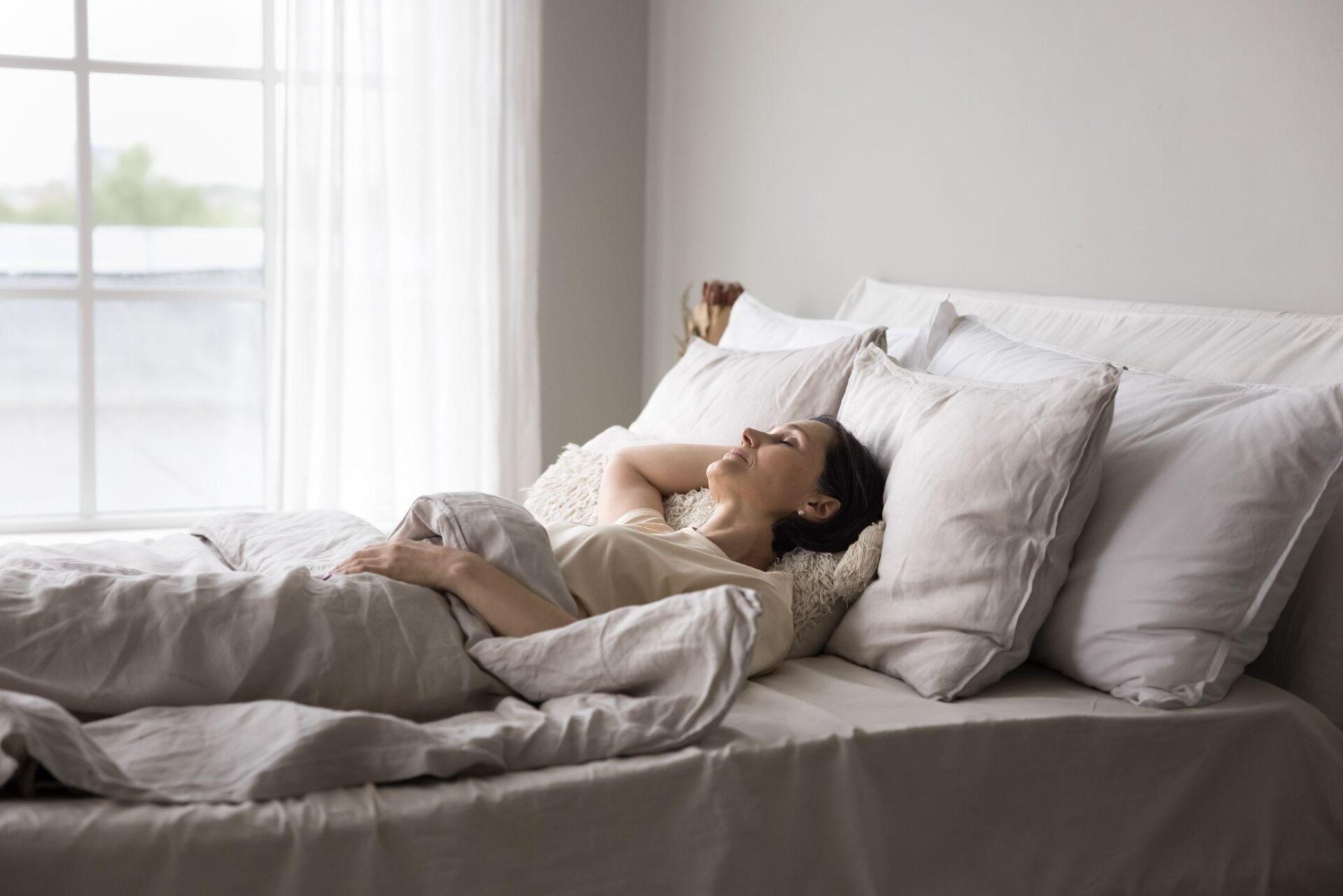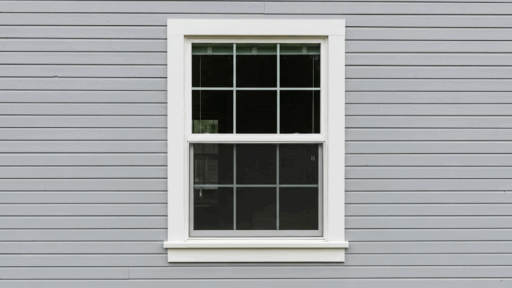Moving into a new phase of life where you sleep alone can be quite an adjustment. It might happen because you transition into a solo lifestyle, your partner is traveling, or you go through a divorce or breakup. In some cases, even romantic partners choose to sleep alone at times for various reasons, ranging from temporary illnesses and snoring to conflicting work schedules or one parent catching up on sleep while the other is available for the kids.
In any case, solo sleep can seem strange and uncomfortable at first, but creating a relaxing routine in a cozy sleep environment makes a serious difference. Knowing effective strategies can help you make this adjustment and help enhance your sleep quality.
Create a Comfortable Sleep Environment
Your sleeping space serves a crucial role in the quality of your rest. Start by making sure your bedroom is somewhere you find comfort and relaxation. A high-quality mattress is important to get a good night’s sleep. If your current mattress is uncomfortable or too old, it might be time for an upgrade. Investing in a new mattress is an opportunity to find one offering excellent contouring and support for your body.
You might also want to consider an adjustable bed or mattress if you struggle with comfort. Check the currently available adjustable mattresses for customized support to see if any will work for your existing bed. Alternatively, you can look at adjustable beds that let you modify positions to enhance overall comfort, reduce snoring, and improve circulation.
To improve your sleep quality in your upgraded bedroom, dim the lights an hour before your bedtime, and maintain a cool room temperature. Sleep masks and blackout curtains can also help prevent unwanted light from interrupting your slumber.
Establish a Relaxing Nighttime Routine
When your bedtime routine is consistent, it signals to your body that the time for sleep is coming. Take a warm shower or bath to relax and unwind; this also lowers your body temperature, making it easier for you to fall asleep. Listen to soft music or read a book instead of spending time scrolling on your phone.
White noise is useful in blocking out background sounds that might keep your mind active. Deep breathing, meditation, or light stretching, such as gentle yoga, can all help your mind calm down before you turn in for the night.
Use Weighted Blankets or Body Pillows
If you’ve gotten used to sharing your bed with someone else, sleeping alone might feel lonely. Body pillows or weighted blankets can mimic the physical sensation of being held, reducing anxiety and providing comfort. Weighted blankets are known to improve sleep quality and reduce stress. Body pillows can offer a sense of security and assist with spinal alignment.
Address Anxiety and Loneliness
Many people facing the prospect of sleeping alone find their biggest challenge is dealing with loneliness or anxiety, but there are a number of coping mechanisms you can try, including gratitude journaling, pet adoption, and relaxation techniques.
Taking a few minutes before bed to write down positive thoughts can help clear your mind and shift your mental focus from loneliness to gratitude; if pen and paper aren’t your thing, there are apps you can use to do this digitally.
If it’s feasible and fits your lifestyle, getting a dog or cat can give you comfort and companionship at night. Listening to a guided meditation is another technique that might ease your anxiety and promote a night of restful sleep.
Set a Consistent Sleep Schedule
As much as possible, go to bed and wake up at similar times every day of the week. This helps regulate the internal clock of the human body. You’ll fall asleep faster and easier every evening, and your overall sleep quality will be improved.
Don’t nap too much during the daytime; while a short nap can help you recharge for the coming hours, napping too long or often can interfere with your body’s ability to get to sleep at night. Exposing yourself to the sun’s natural light and rays during the day helps reinforce your body’s sleep-wake cycle.

Make Your Bed an Inviting Space
Even if the thought of sleeping alone is initially stressful, your bed needs to be a place where you can relax. Once you have one of the best mattresses available, invest in high-quality bedding that’s soft to the touch. Plush pillows and soft sheets can improve your physical comfort. Also, make sure your bed is only for sleeping. Don’t watch TV or videos, and avoid work. This helps your mind and body associate your bed only with sleep.
Try Sleep Aids if Necessary
There can be quite a few benefits to sleeping alone, but many can still find it hard to make this adjustment. Natural sleep aids might just be the trick that helps you get the rest you need. Melatonin supplements can assist in regulating your sleep cycle, and magnesium or chamomile tea both promote feelings of relaxation. An aromatherapy diffuser can enhance sleep quality if you use a calming scent, such as lavender.
Get a Good Night of Rest
Making the adjustment to sleeping alone can take some time, but it’s both possible and necessary so you can have the energy to move through each day of your life. By prioritizing your comfort and well-being, you’ll begin to embrace your new sleep routine. Create a comfortable environment, and establish a relaxing routine.
Fill your inviting space with the right bed, mattress, and pillows to transform your solo sleeping room into a place of rest and rejuvenation.








